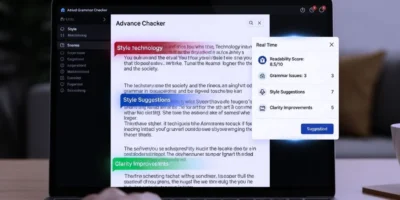Tesla shareholders recently approved a massive pay package for CEO Elon Musk, potentially giving him around $1 trillion in company stock over the next decade. However, Musk received less shareholder support this time than he did under his 2018 pay plan.
Excluding shares owned by board members and executives, about 66.9% of shares voted in favor of the package, according to a Friday filing. This is down from the 73% support the 2018 plan received, as analyzed by Andrew Droste, head of corporate governance at Columbia Threadneedle. When Tesla announced preliminary results at its annual meeting on Thursday, the company stated that the plan received 75% support among voting shares. This count included insiders like Musk, who owned about a 15% stake and was allowed to vote his shares.
The dip in support comes after a tough period for both Musk and Tesla. The first half of the year saw slumping sales, partly due to Musk’s controversial political comments and his involvement with the Trump administration, which reduced the size of the federal government. Tesla’s brand value has also suffered.
Despite the drop, Droste noted in an email that nearly 70% approval still shows “broad support for Elon among Tesla’s shareholder base.” He added that most investors recognize the deep connection between Tesla and Elon Musk, and they were “unwilling to risk his potential departure by allowing this vote to fail.”
The board members recommended that shareholders approve the pay plan, which they introduced in September. However, the major proxy advisors, Glass Lewis and ISS, had advised investors to vote against it.
Musk, already the world’s wealthiest person, will receive 12 sets of shares if Tesla meets specific goals over the next decade. The first batch of stock activates if Tesla reaches a $2 trillion market capitalization, which is about $500 billion above its current value. These market cap goals are tied to operational successes. Musk could still earn over $50 billion by hitting some easier goals outlined in the new plan. The award terms also include “covered events” that would allow him to receive his shares even if he does not meet the required operational milestones.












